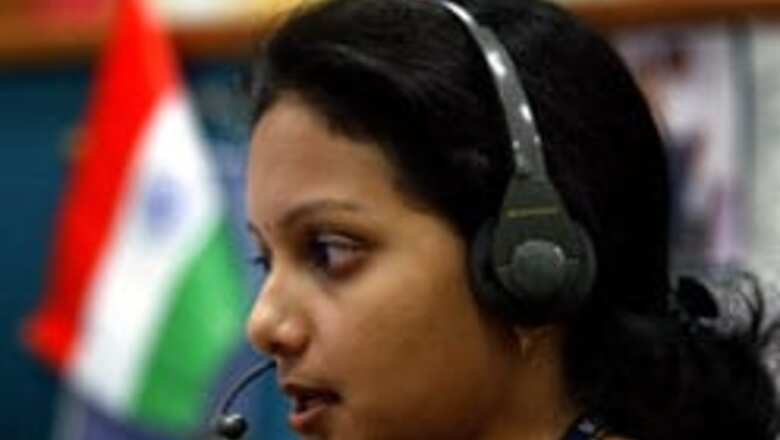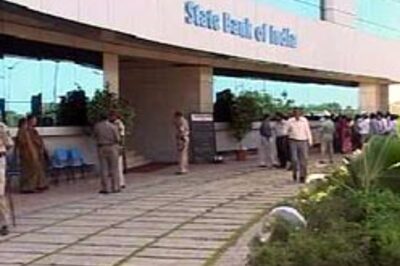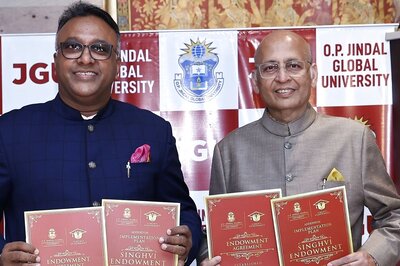
views
Melbourne: A new documentary to be aired on an Australian television channel shows that Indian call centre employees can lose their jobs just like their counterparts in the West.
"Outsourced!" to be shown on SBS channel next Thursday portrays the lives of four young Indian women who work at the Gecis (now Genpact) call-centre at Gurgaon near the Indian capital New Delhi and their four counterparts in a Melbourne call centre.
A report in the Age newspaper quoted Kath Noy, national assistant secretary of Australia's Finance Trade Union, who appears in the documentary, as saying, "This is not just about jobs being lost from Australia to India. The Indians are just as worried about losing their jobs to Sri Lanka or China or the Philippines."
This, she said, is a global phenomenon and it's only just beginning. Industry analyst Bob Hayward says that only the public's desire to speak to a familiar voice will keep some call-centre jobs at home.
Nevertheless, even India is not safe, in the sweeping global trend to outsource white-collar work. Already it is vying with other developing countries, illustrating that in this new era of globalisation, no country has a monopoly over jobs, according to a synopsis of the documentary posted on the SBS website.
Made by Anna Cater and Safina Uberoi, the documentary also shows how the $24-billion business process outsourcing (BPO) industry is having a dramatic effect on the lives of Indian women and how the industry is changing places like Gurgaon into booming tech towns.
While the mother of one woman working at Gecis is paranoid about her marriage prospects, another woman is shown enjoying her financial freedom, while a third, pregnant, is shown awaiting her return to work eagerly after giving birth.
"Outsourced!" compares the work culture between the Gecis call centre in Gurgaon and Salesforce in Melbourne.
In contrast to India where a career in the BPO sector is today seen as lucrative, Australia's call centre workers do not consider the jobs as careers. They are young, itinerant workers, earning as much as five times their Indian counterparts.
The documentary also shows that work in call centres can be stressful, repetitive and tiring. It shows telemarketing teams on the job, during peak hour.
Every day workers in both India and Australia face racist and abusive phone calls. The documentary shows Indian workers receiving challenging calls, while the Australians also talk about the "flak they cop".
The directors told the Age that the two call centres in Gurgaon and Melbourne were shown only because they allowed to be filmed.
"I can't count how many call centres I tried to get access to in Australia," Cater told the newspaper. "They were really paranoid about the way they were going to be portrayed. A lot of call centres are started up in regional areas because that's where you get people to work in them. I tried to film at a call centre in Moe (a regional town in Victoria) and no way would Telstra allow me to."
In India, a friend of co-director Safina Uberoi happened to play golf with Gecis CEO Pramod Bhasin. "He (Bhasin) is a remarkable man. He's referred to as the grandfather of call centres in India," the Age report quoted Cater as saying.
"He's been there right from the beginning, about 2000. He's a very warm, open-hearted guy who was very co-operative and trusted us to do what we wanted. He didn't put any restrictions on what we filmed."
According to the synopsis, in the next few years, Australia will see 40,000 finance sector jobs going offshore.



















Comments
0 comment